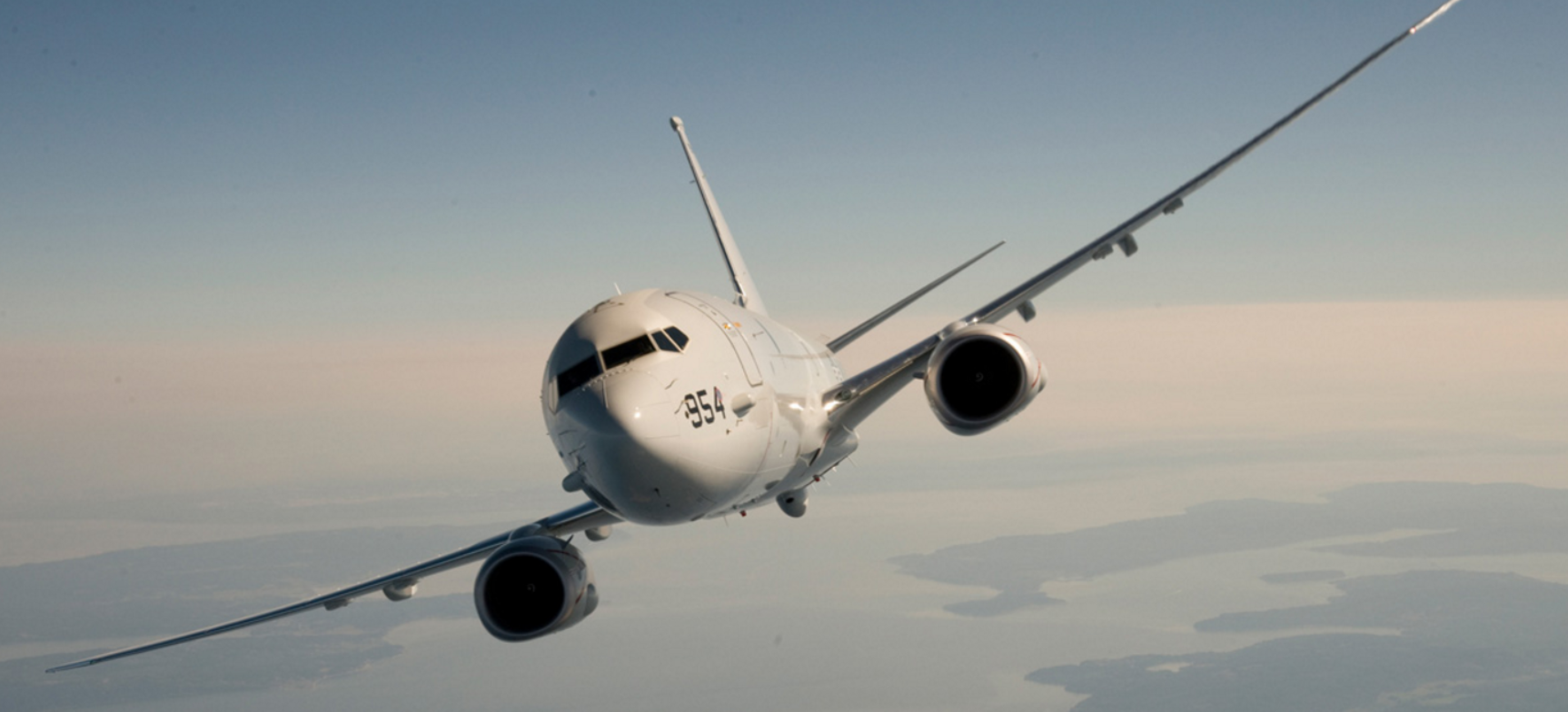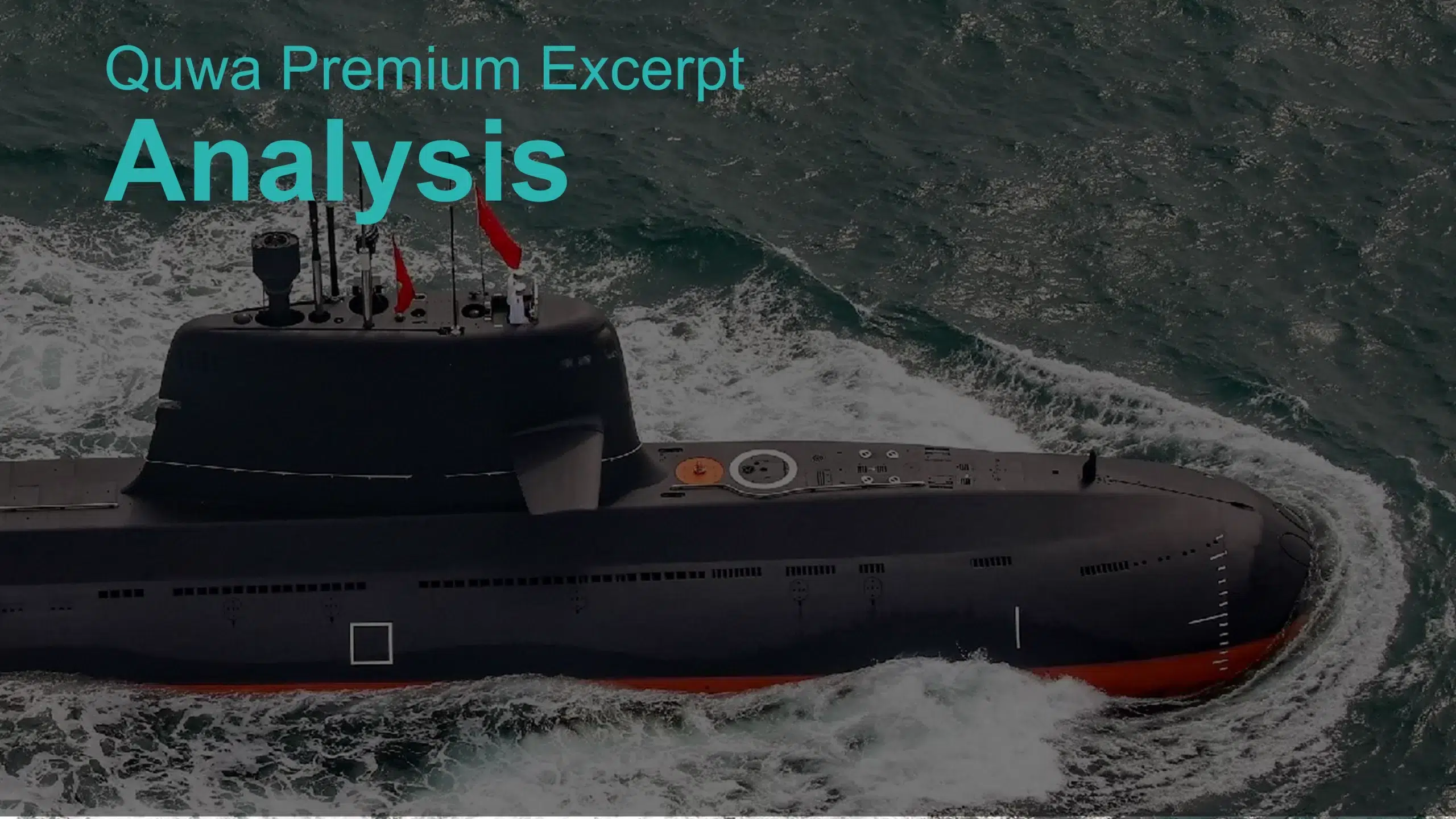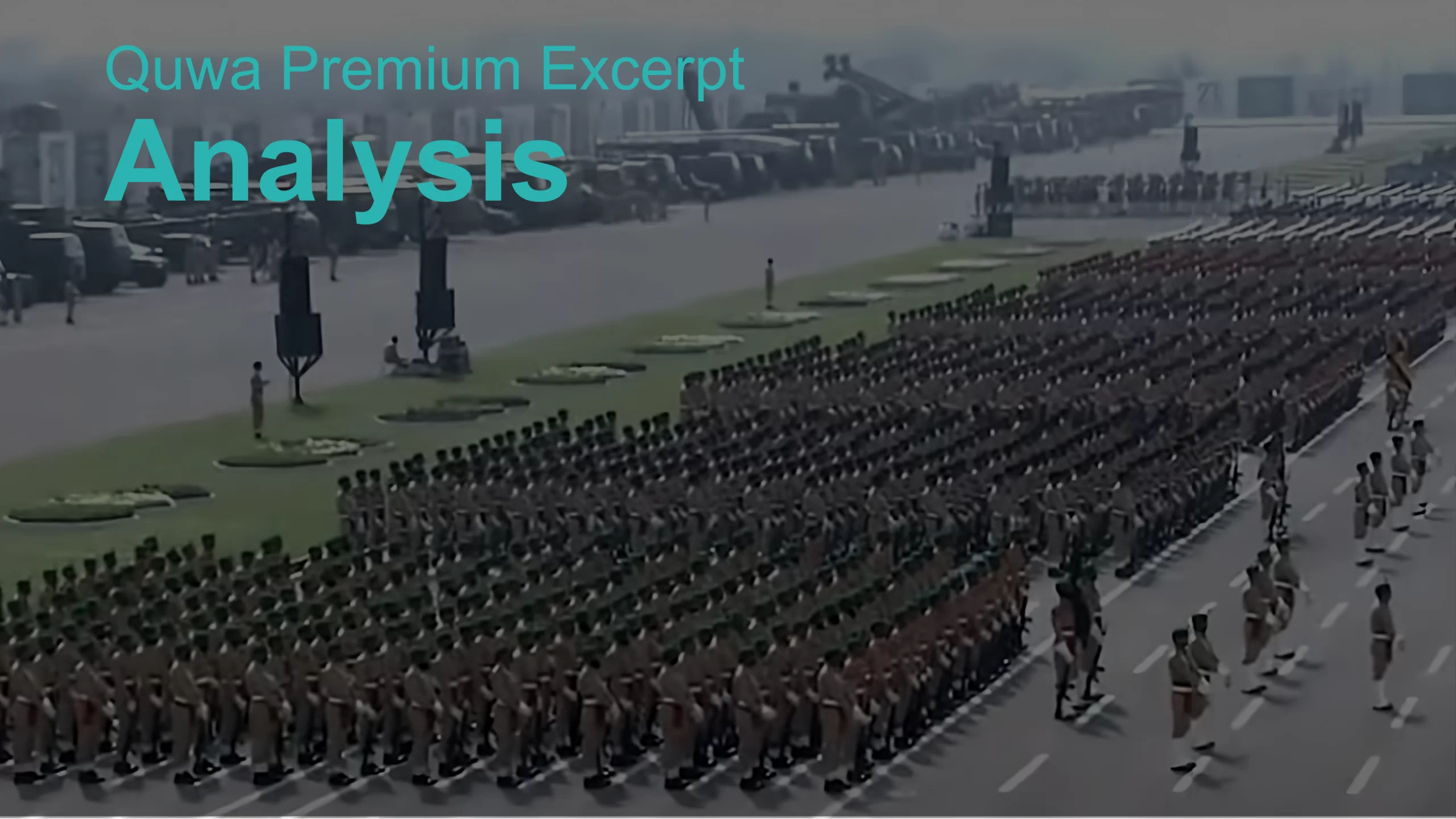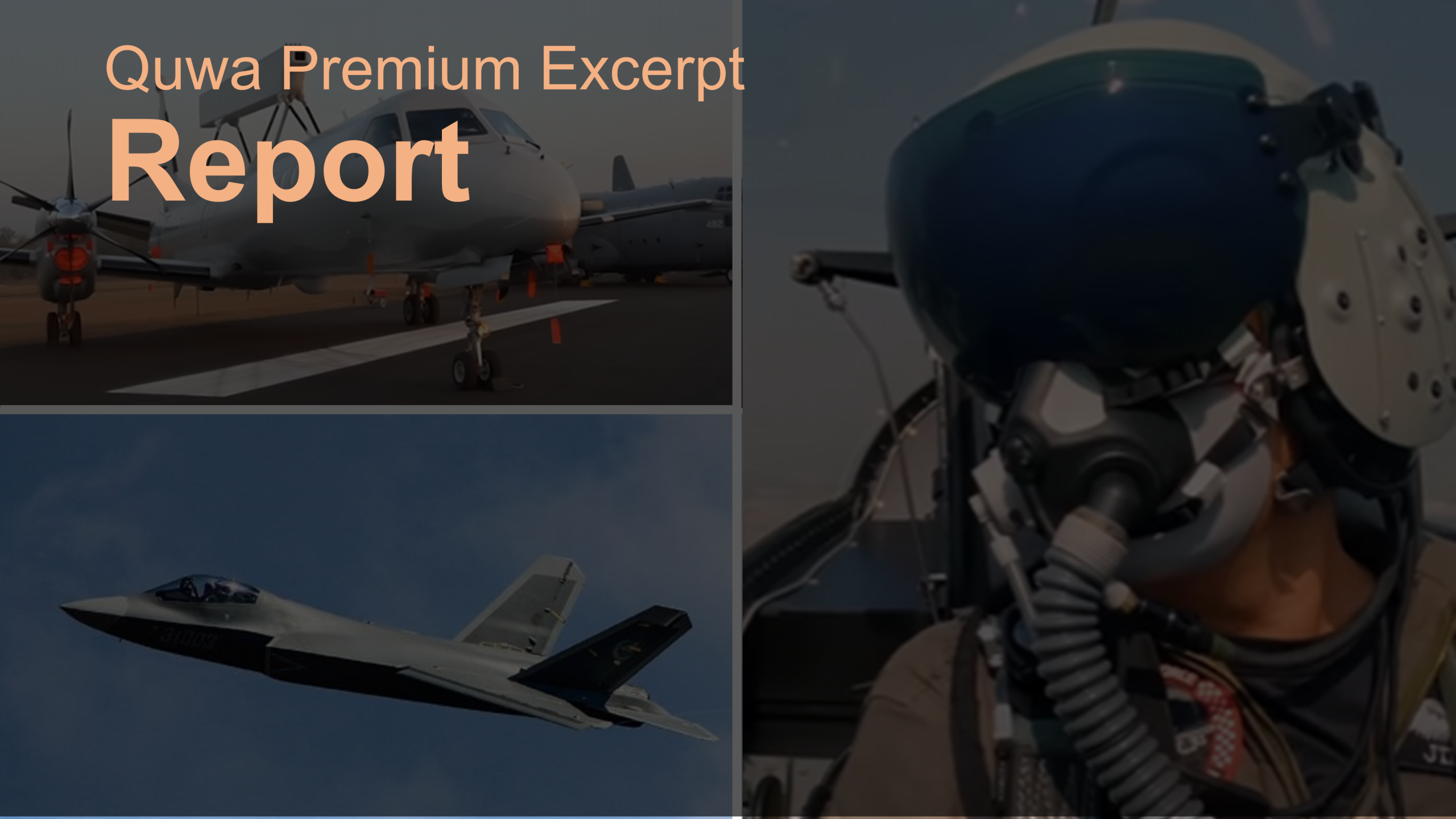Tata Advanced Materials Limited (TAML), a subsidiary of Tata Group, was contracted by Boeing to produce various composite components – namely interior closeout panels – for the aerospace giant’s P-8 Poseidon maritime patrol aircraft (MPA) (Economic Times).
According to IHS Jane’s, the contract was awarded as part of Boeing’s commercial offset commitments to India, which had procured eight P-8i MPAs in a $2.1 billion U.S. contract signed in 2009. This was followed up with another four for $1 billion in July 2016.
As per the Economic Times, TAML is already under contract to produce the P-8’s tail cone and auxiliary power unit door. In effect, TAML is one of Boeing’s global supply chain sources and will provide parts for the company and its first and third party P-8 contracts.
Notes, Comments & Analysis:
This would mark another in an increasingly long list of Boeing’s offset commitments made in India. While the aerospace giant is generally liberal with in terms of taking on commercial offset obligations, it has built very strong relationships in the Indian private sector and – potentially – the Indian armed forces.
Tata Group, in particular, has emerged as one of Boeing’s key local partners in India. For example, TAML’s sister subsidiary Tata Advanced Systems Limited (TASL) is currently constructing a joint production facility with Boeing for the manufacturing of AH-64 Apache fuselages.
As with the P-8i MPAs, not only will this TASL-Boeing factory feed the Indian Army and Indian Air Force’s respective requirements, but it will also serve as a parts source for Boeing’s global Apache supply chain.
The extent to which Boeing taps into its Indian supply base remains to be seen, but the India’s domestic scale and competitive cost environment should position TAML and TASL favourably.
Broadly, commercial offsets tied to big-ticket defence acquisitions have become an essential feature of the Government of India’s efforts to cement India’s long-term economic prospects. While initially reliant on the government to fund activities (via purchases for the armed forces), it is hoped that the partnerships and ventures that emerge from these agreements will generate additional economic activity. This would be done through original vendors, such as Boeing, sourcing parts for third-party users from India.




